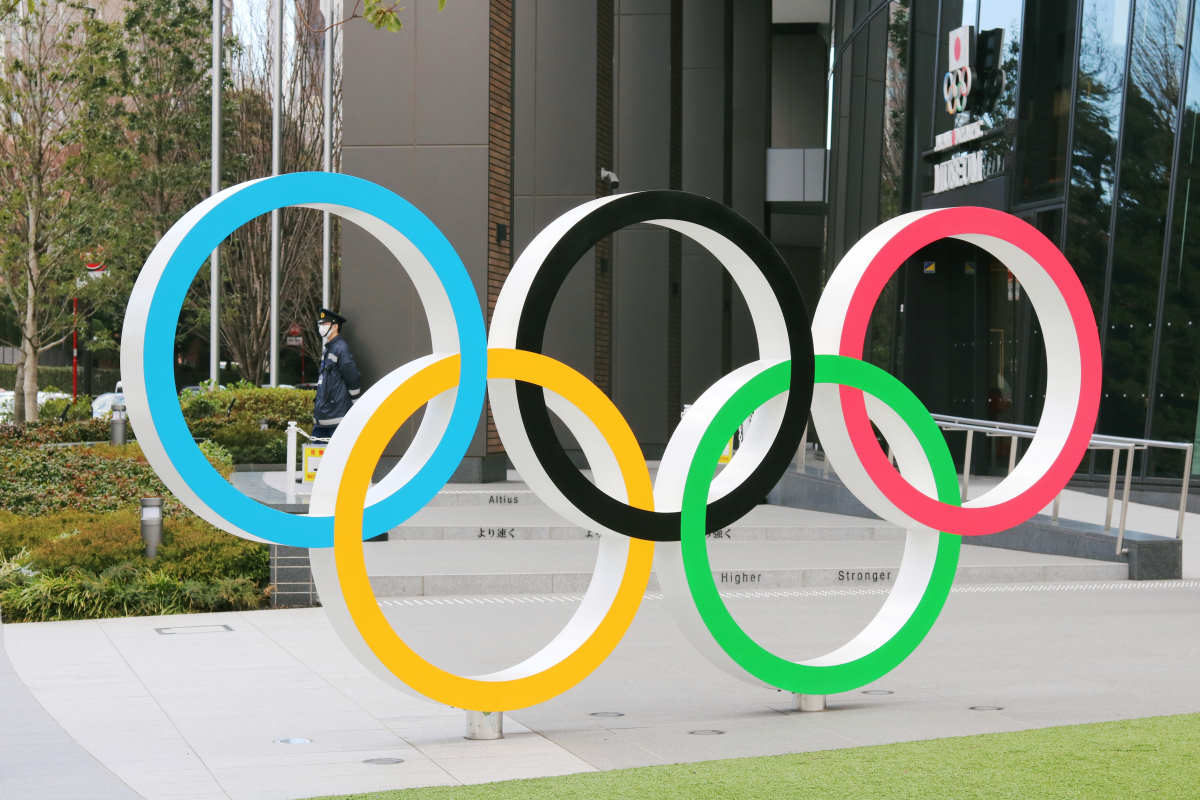French cuisine is known for its dishes often rich in meat, however the Paris 2024 Olympics would seem to be the most vegan friendly

@Ned Snowman/Shutterstock
Meat production is a significant contributor to global emissions. Overall, agriculture accounts for about a third of our emissions, with meat production disproportionately high within this sector. To reduce one’s carbon footprint, cutting back on meat consumption, even partially, is one of the most effective actions one can take.
Sustainable efforts at the Paris 2024 Olympics
The upcoming Paris 2024 Olympics is incorporating a sustainable approach by aiming to reduce the event’s carbon footprint by 50%. Large-scale events like the Olympics and World Cup often generate substantial emissions. However, France is determined to drastically cut these emissions and make the Paris 2024 Olympics the most sustainable Games in history.
A diverse and plant-based menu for athletes
The Olympic Village’s restaurant, the largest and most multicultural in the world, faces the challenging task of catering to the diverse cultural, religious, and nutritional needs of 15,000 athletes from 32 sports. Plant-based foods prove particularly useful in this context, as very few religions or cultures oppose consuming vegetables. Therefore, dishes like quinoa and falafel are expected to be widely acceptable.
All meat, eggs, dairy, and seafood on the menu will be sourced within a 155-mile radius of Paris. Priority is given to organic farms or those transitioning to organic practices. Exceptions include Fairtrade coffee and chocolate, along with half a million bananas shipped from the French Caribbean to minimize carbon emissions. Waste management is also a key focus, with food relief organizations distributing excess food to those in need and used coffee grounds being repurposed as fertilizers.
Introducing reusable tableware
For the first time, the Olympic Village will use washable dishes, aiming to reduce single-use plastics. Staff and volunteer cafeterias will also feature a significant number of vegetarian meals, with some days offering exclusively plant-based options. Philipp Würz, head of catering for the Paris 2024 organizing committee, emphasizes that the goal is to shift away from treating vegetarian options as an afterthought.
The rise of vegan athletes
Paris 2024 will see numerous vegetarian and vegan athletes, including Brazilian footballer Marina Fioravanti and Australian star Morgan Mitchell. Although plant-based athletes remain a minority, their presence helps dispel the myth that meat is essential for athletic performance. For France, this is also an opportunity to showcase its commitment to sustainability, particularly in the realm of food.
A new standard for sustainability
The Paris 2024 Olympics mark a significant step forward in promoting sustainable practices on a global stage. By embracing plant-based cuisine and minimizing waste, the Olympic Games set a new standard for major sporting events. The focus on locally sourced ingredients and vegetarian dishes highlights France’s ability to adapt its rich culinary heritage to modern sustainability goals.
Source: ZMEScience
